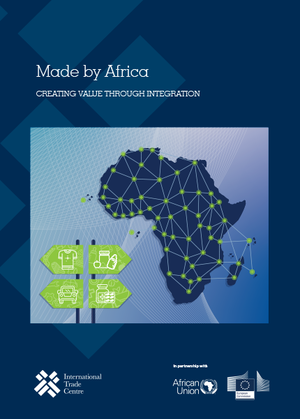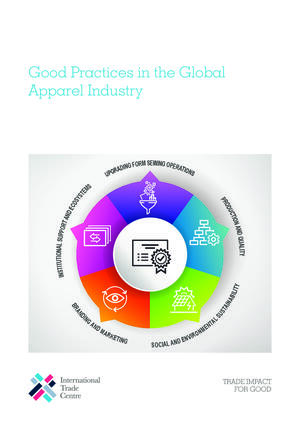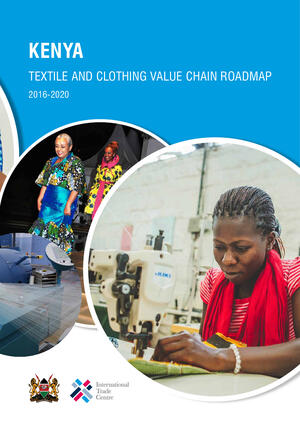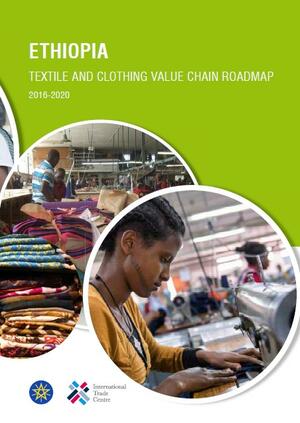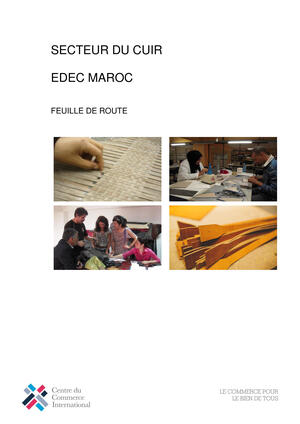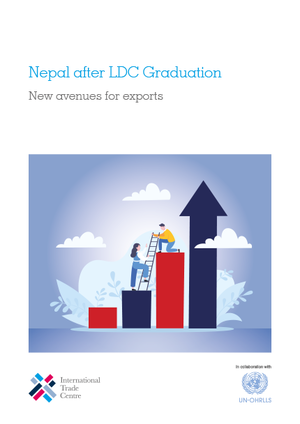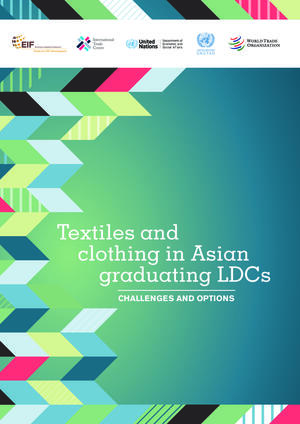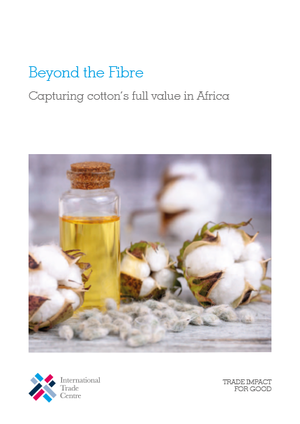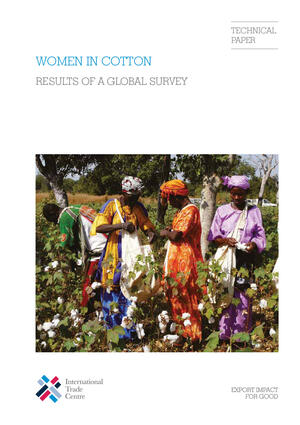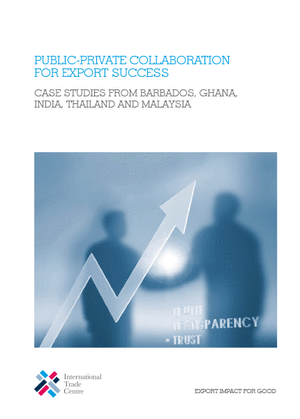

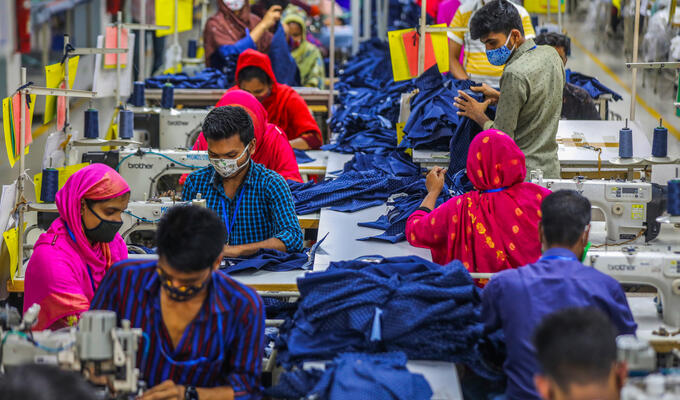
Tackling audit fatigue: A pathway to transform textile supply chains
Data ownership/sharing can reduce audit fatigue, harmonize assessment processes and free up resources to improve working conditions, a new ITC report says.
Aligning social and labour assessment data and reducing ‘audit fatigue’ can revolutionize the global textile and apparel industry, a new International Trade Centre (ITC) report finds. The publication shows how the Social & Labor Convergence Program (SLCP) empowers factories in the garment sector with data ownership and sharing, and explains how ITC underpins this work through its Standards Map, which gathers thousands of data on sustainability.
Amid growing concerns about worker welfare and corporate accountability, many brands and retailers require factories to undergo social audits to ensure compliance with labour standards and to meet consumer, investor and regulatory demands for ethically produced goods. But repetitive audits and inspections have triggered audit fatigue among suppliers, leading to inefficiencies, worker frustration and feelings of being overwhelmed and stressed by the constant scrutiny and reporting requirements.
Recognizing the need for a more streamlined and efficient approach to social compliance, stakeholders have turned to multistakeholder initiatives such as SLCP to harmonize assessment processes, strengthen the buyer–supplier relationship and unlock resources to improve working conditions.
Navigating the Regulatory Landscape: Audit fatigue in the garment and textile industry explores the extent to which SLCP’s Converged Assessment Framework (CAF) tackles audit fatigue and enables companies to conduct meaningful due diligence. The report focuses on the effects of audit fatigue on small and medium-sized enterprises (SMEs), which struggle more than large companies to navigate due diligence requirements by brands.
These requirements serve as a ‘licence to operate’ for smaller businesses, says ITC Executive Director Pamela Coke-Hamilton. ‘Those that cannot fulfil these due diligence requirements may find themselves locked out of supply chains, even when they actually do comply with these regulations in practice.’
Users are saving millions of dollars
Many global fashion brands and retailers have already adopted SLCP’s tools and incorporated its data into their reporting mechanisms. Some 14,000 facilities have completed an SLCP assessment, and the programme has been implemented in more than 60 countries since it was launched in 2016.
An examination of trends and social auditing data reveals that the CAF has helped to lower the number of duplicative audits – though further convergence is still needed – and saved users about $26 million in 2023. Almost 75% of these savings are reinvested in workplace improvements, new programmes for workers and higher wages, the report says, citing research by the Better Buying Institute.
Still, SMEs that adopt SLCP are unlikely to realize its true benefits for at least two years, though resources will unlock as they become more familiar with the assessment and verification processes. Having sound management systems in place makes it easier for these firms to identify and mitigate risk, monitor and track progress, and improve.
‘Through greater data alignment, the industry can be a true catalyst for greater savings of resources and the redirection of those resources towards achieving real change,’ the report says. ‘Better aligning data and pooling resources would … enhance SME inclusion, improve value-chain transparency and meet growing demands for sustainability.’






